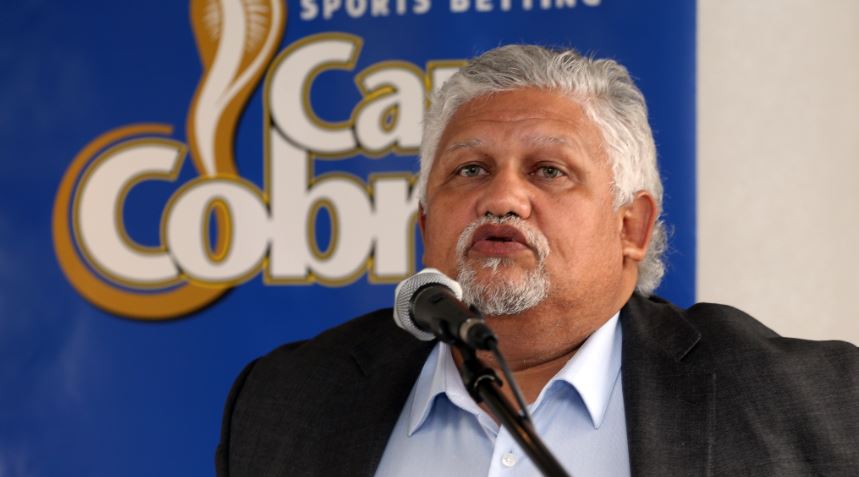Cricket South Africa’s refusal to release the much-vaunted forensic report indicates they are confused about who they serve and forces us to question what it may contain, writes Ryan Vrede.
CSA are mandated to run cricket on behalf of the people. The game doesn’t belong to them, and thus any information that is in the public interest needs to be made, well, public.
I’d argue strongly that allegations and/or evidence of misconduct and maladministration within CSA and/or it’s affiliates is in the public interest.
READ: CSA defends forensic report saga
Instead CSA, who insist the 450-page report – which contains 20 findings – can only be viewed by certain people in their attorney’s offices in Johannesburg, Cape Town and Durban, and only if individuals from the Members’ Council (14 provincial Presidents who make up the highest decision-making authority in the organisation) and the South African Sports Confederation and Olympic Committee (Sascoc) sign non-disclosure agreements.
CSA Acting President Beresford Williams on Thursday argued the reason for their reluctance to make the report available for public viewing was rooted in fears around ‘…the risk of compromising future litigation’.
Sascoc, who has intervened with the intention of setting up an independent task team to get to the root of CSA’s rot, wants to view the report without these restrictions. It is likely the two organisations will see each other in court if neither shifts from their stance, plunging South African cricket into further turmoil.
Set aside the fact that Sascoc, itself in a dire state and ravaged by years of factionalism, financial mismanagement and incompetent leadership, is under qualified to oversee CSA’s healing, they are absolutely correct in their refusal to agree to CSA’s requirements around viewing a document that is in the public interest.
Allow me to use an analogy to illustrate the absurdity of CSA’s stance. If the police, after extensive investigation, determined that a criminal syndicate was operating in a neighbourhood, it is their responsibility not only to act to arrest the perpetrators, but to warn the people who live in that neighbourhood of what is happening in their midst. It is, after all, their neighbourhood.
The police can’t argue that they are worried about legal repercussions that may follow an arrest or public disclosure of the syndicate’s presence in the neighbourhood. If their investigation was conducted with skill and professionalism, such repercussions shouldn’t concern them. Their duty is to the public, because they serve the public.
In the same way, CSA serves the public. Yet they are conducting themselves like a completely private entity, with zero regard for their public-service mandate.
ALSO READ: Momentum pulls out as CSA sponsor
This failing on their part makes me wonder about two things. Firstly, were there fundamental flaws in the investigation process, which could have led to legally weak findings against individuals? If not, why does Williams cite fears pertaining to future litigation? Secondly, is the reluctance to release the report rooted in the fact that there are there current Members’ Council and/or board members implicated in wrongdoing, and CSA needs time to find a big enough broom to sweep this under the carpet and protect the interests of their own?
CSA will scoff at this speculation, but their determination to keep the report a secret is perplexing and forces us to question why this report has been treated like the nuclear codes.
CSA needs to remember who they serve and the public needs to remind them of their responsibility daily.







